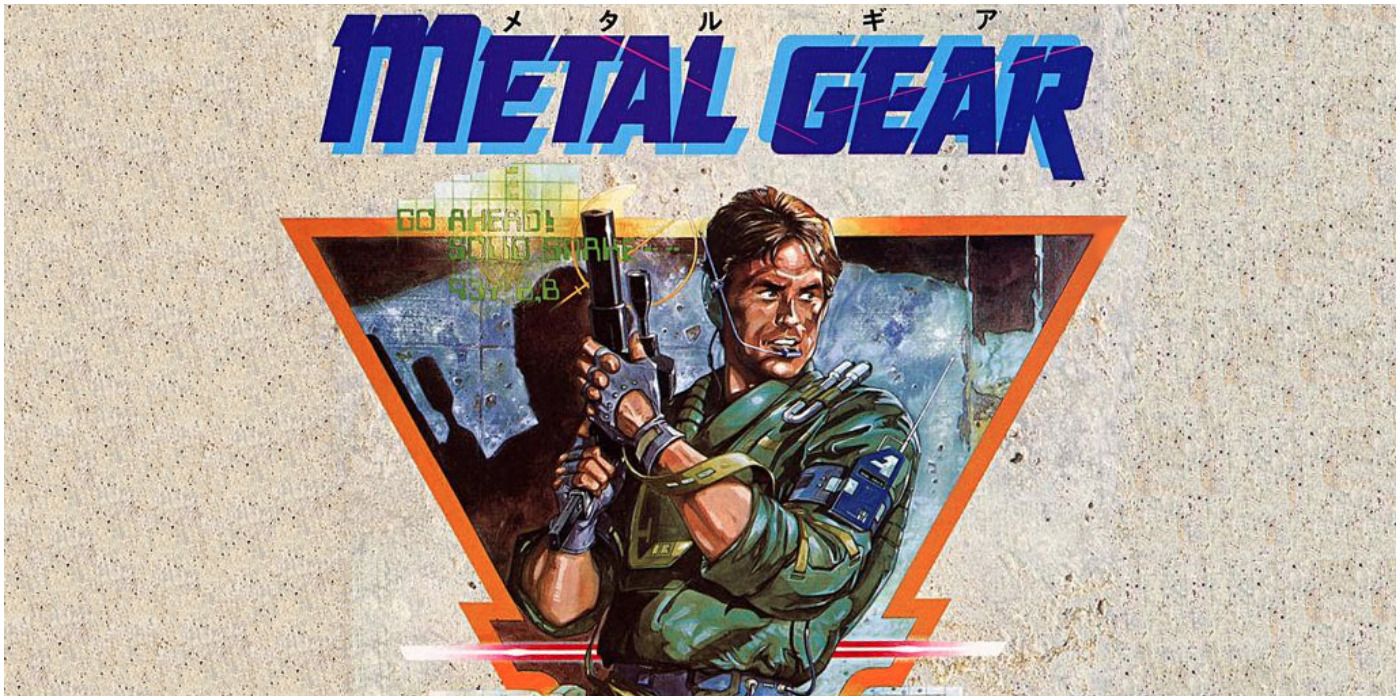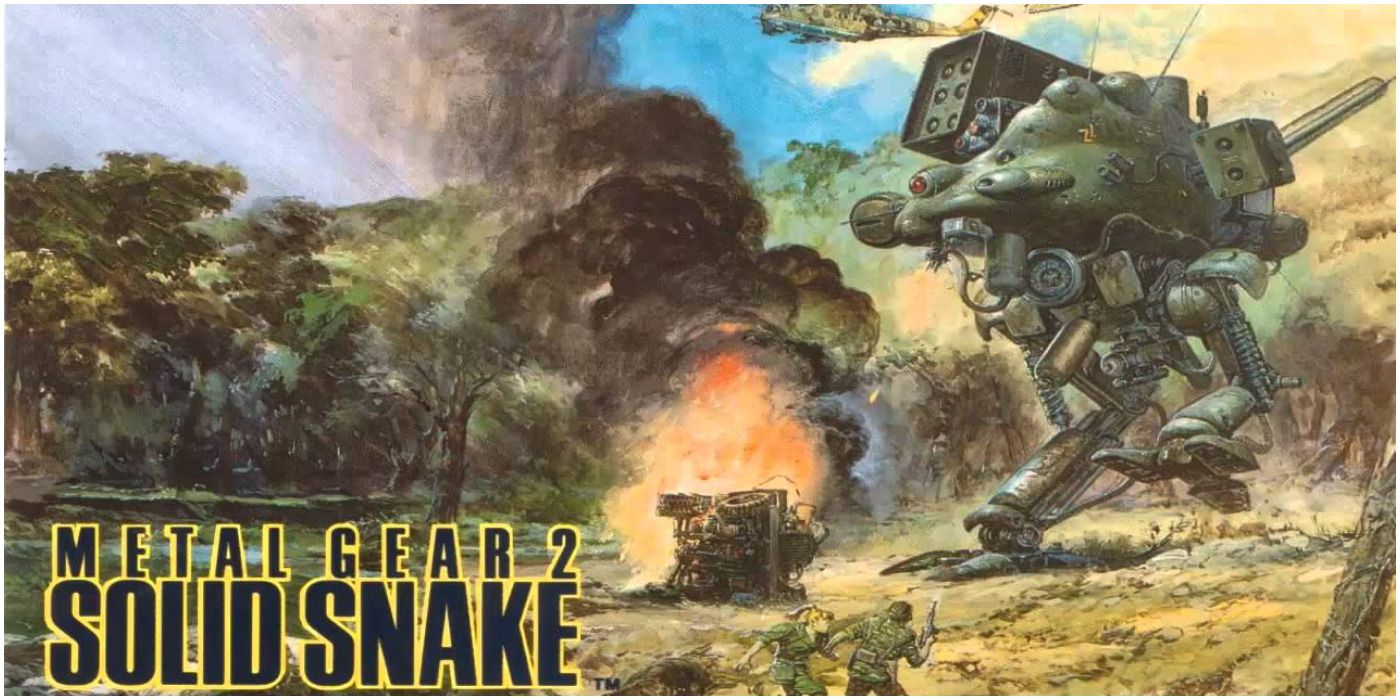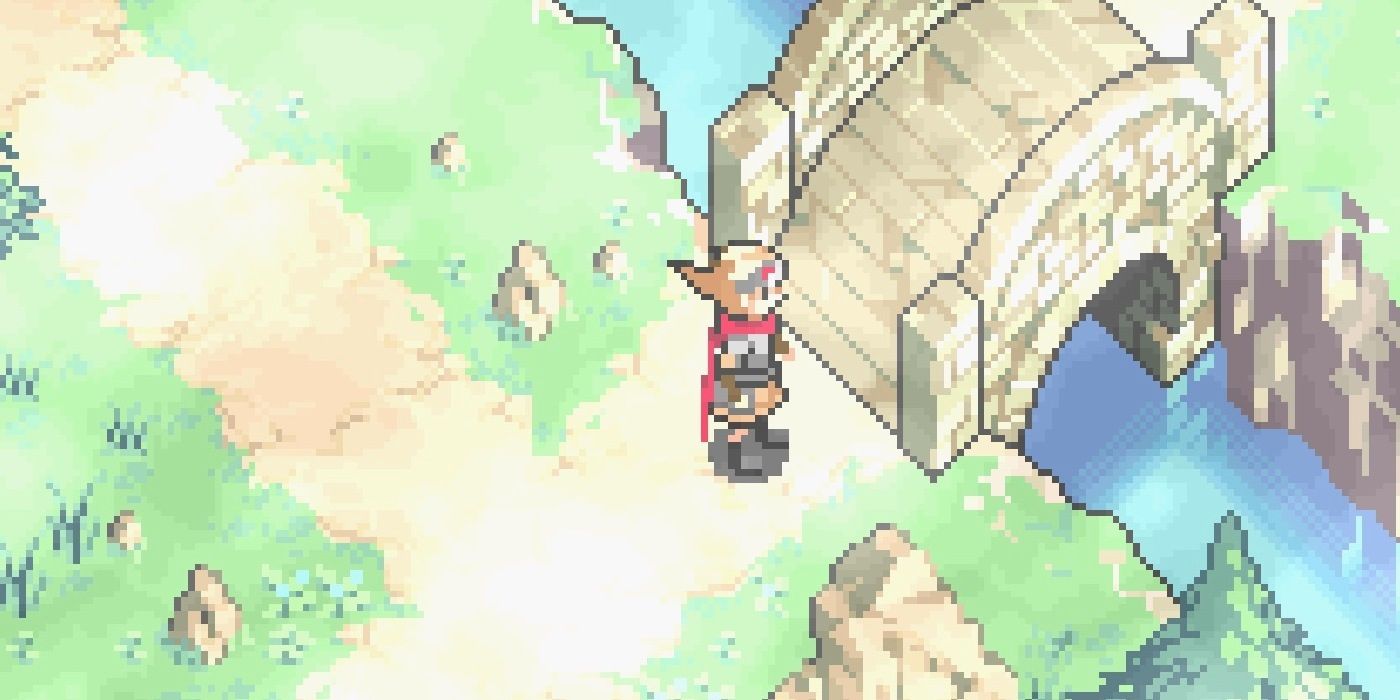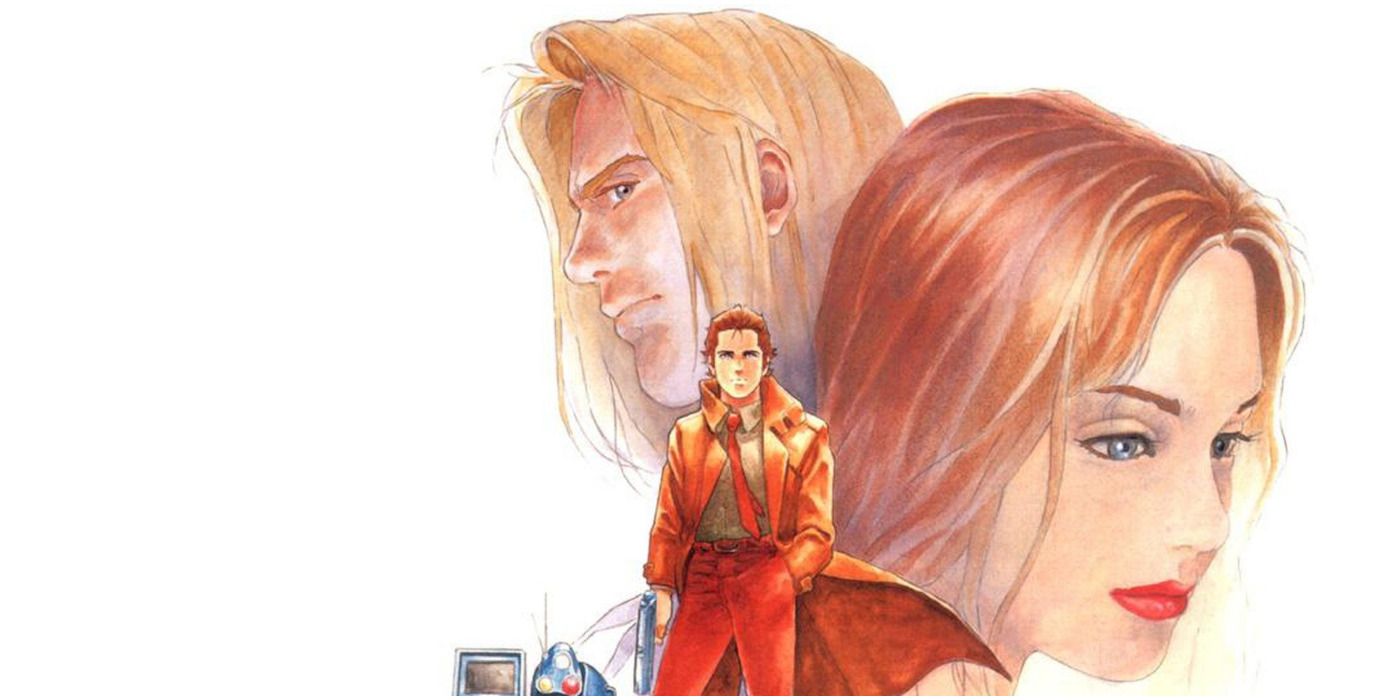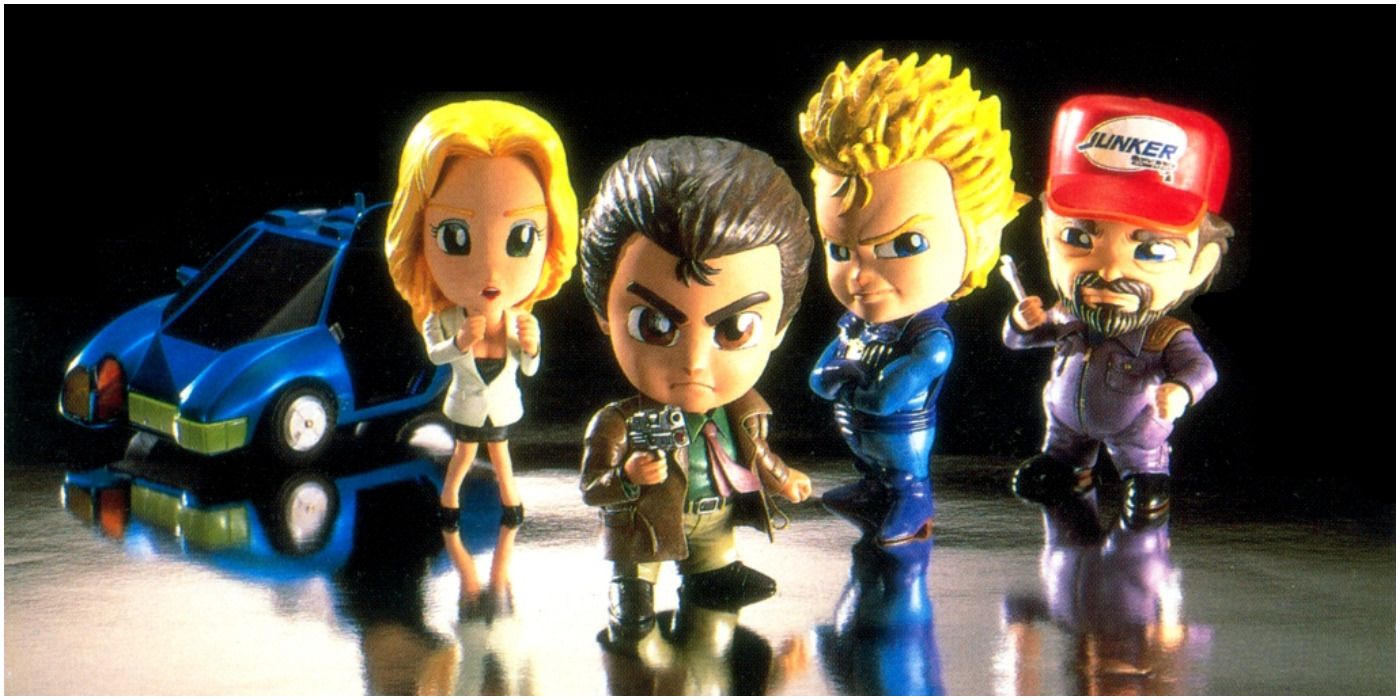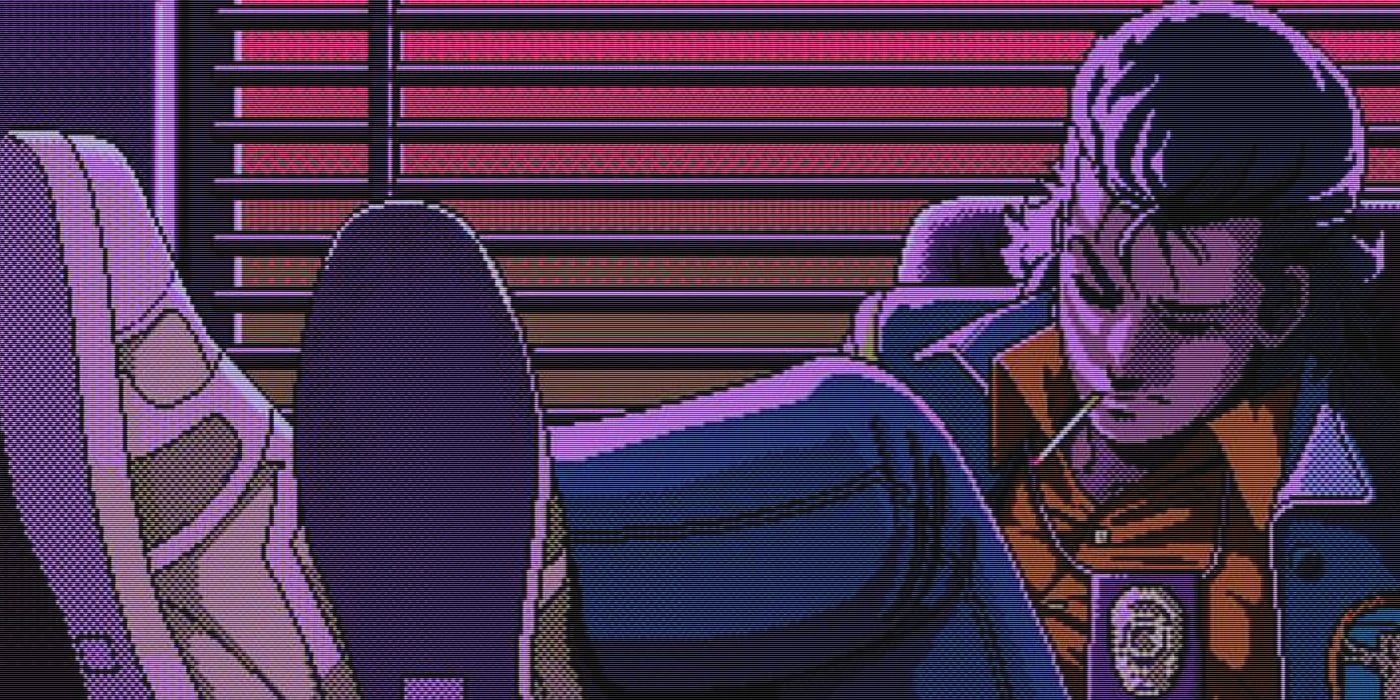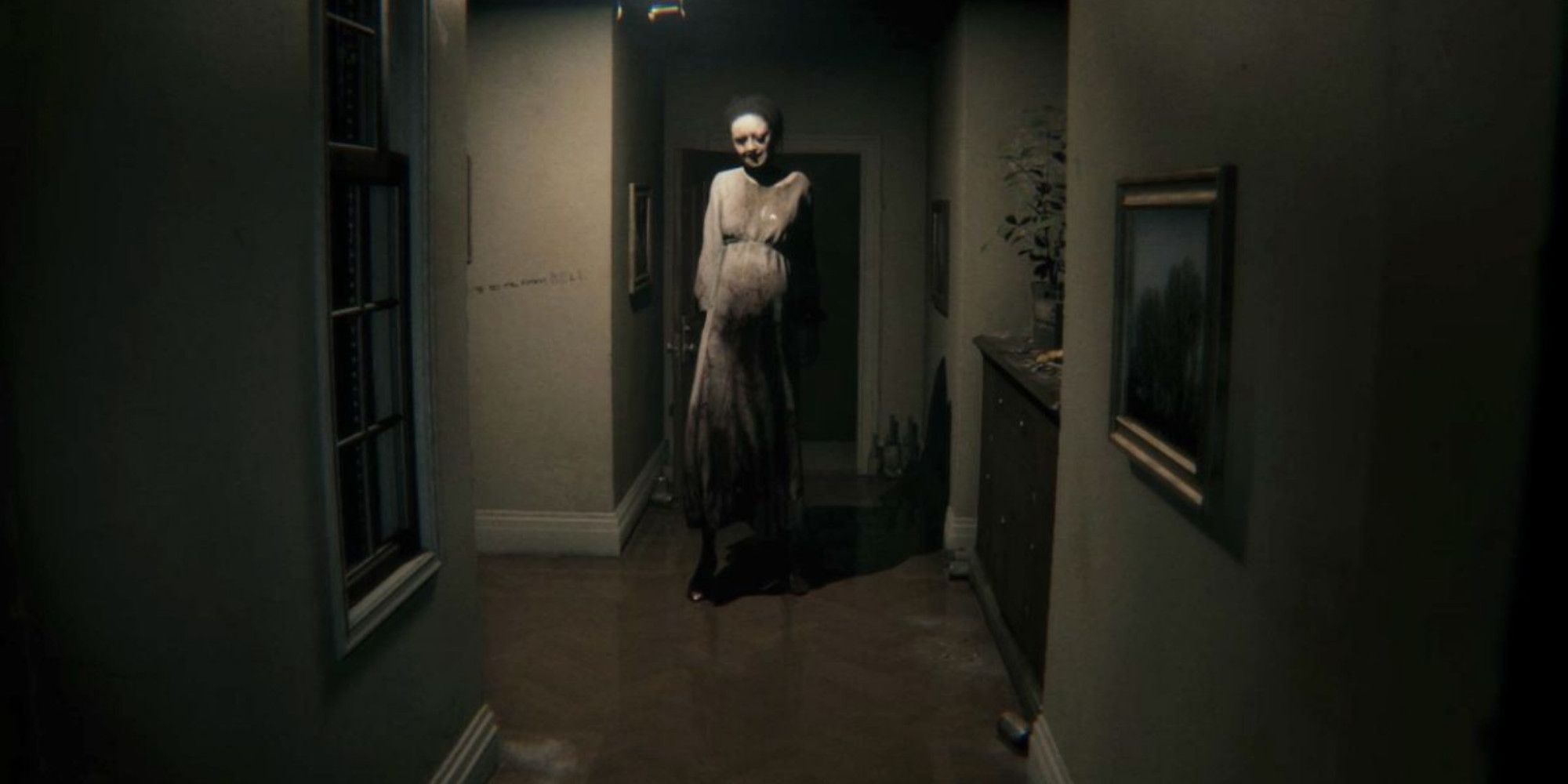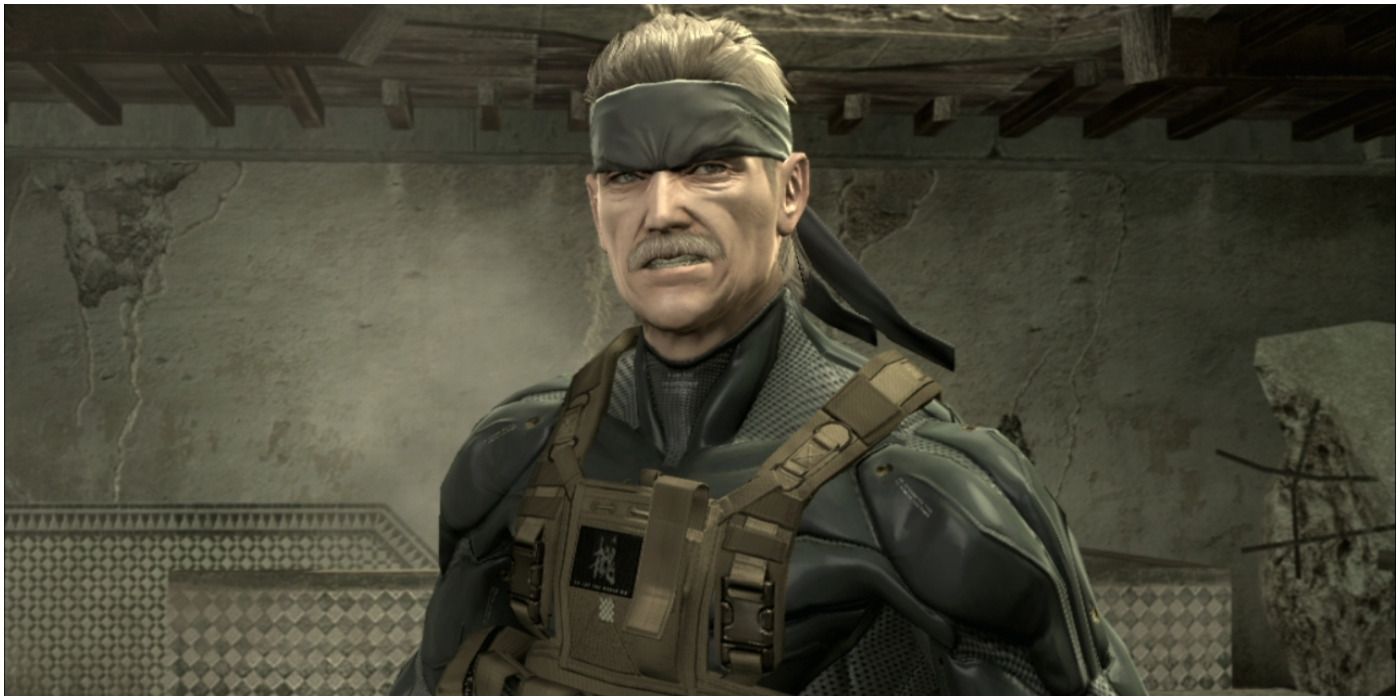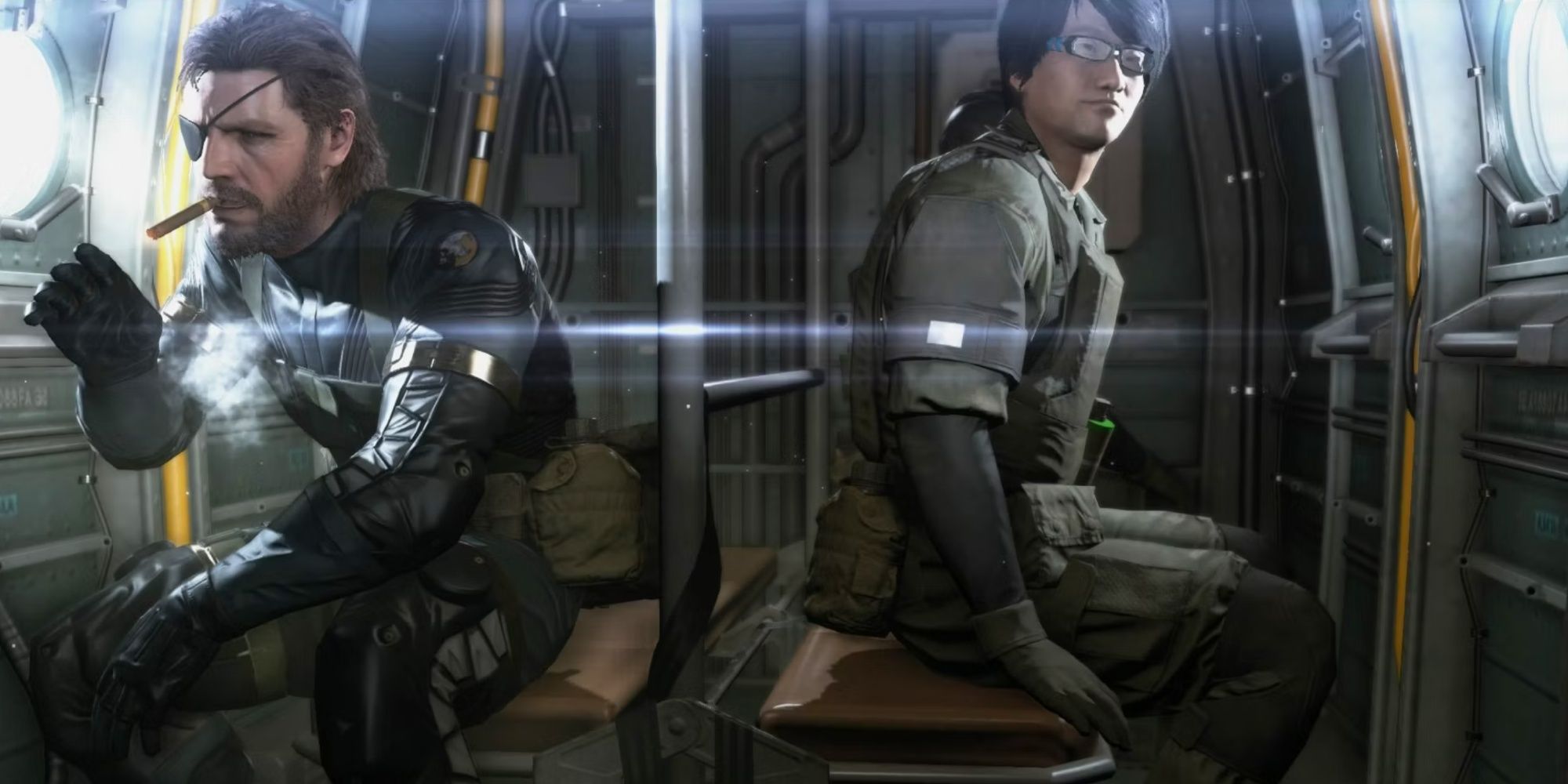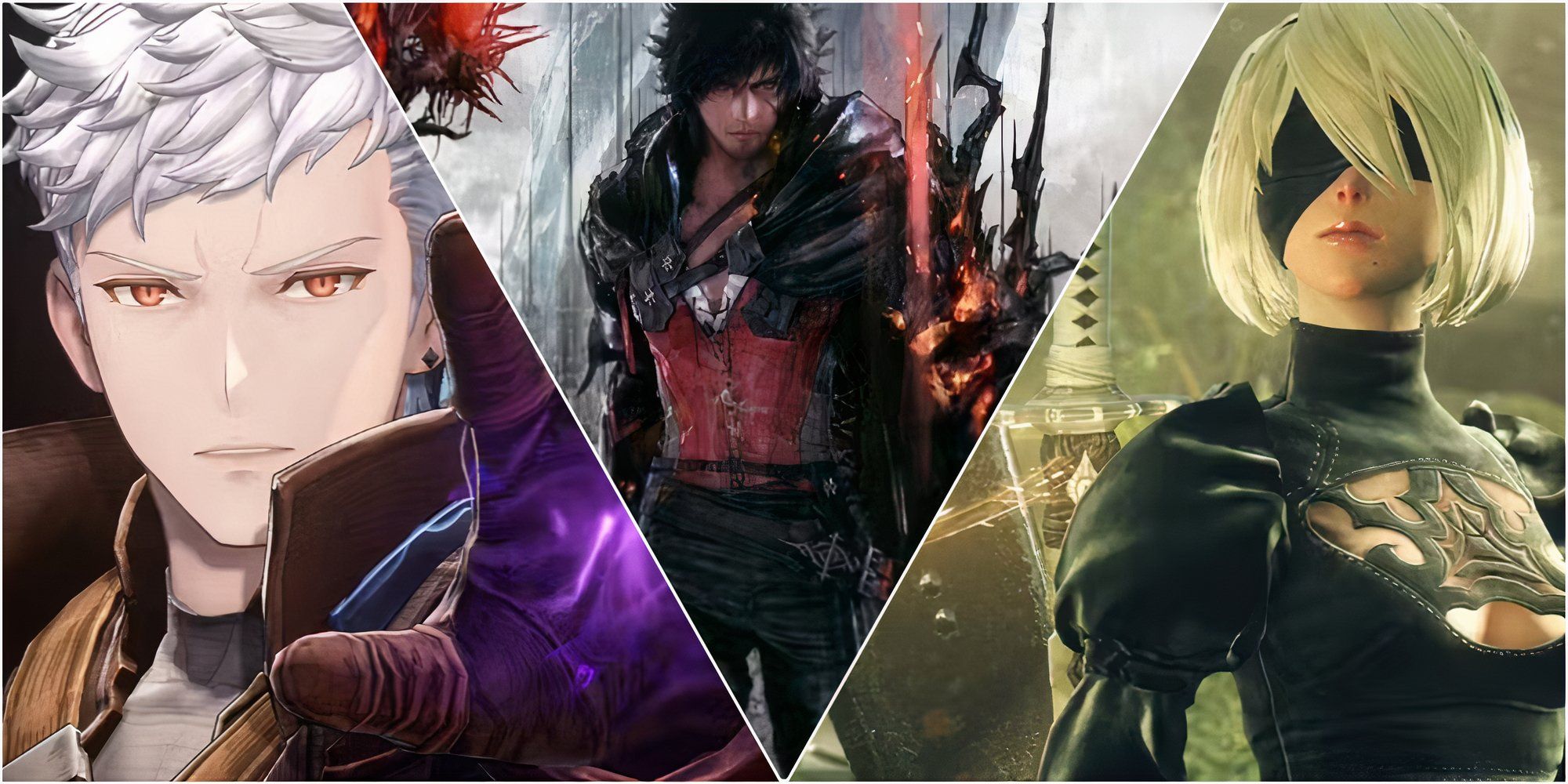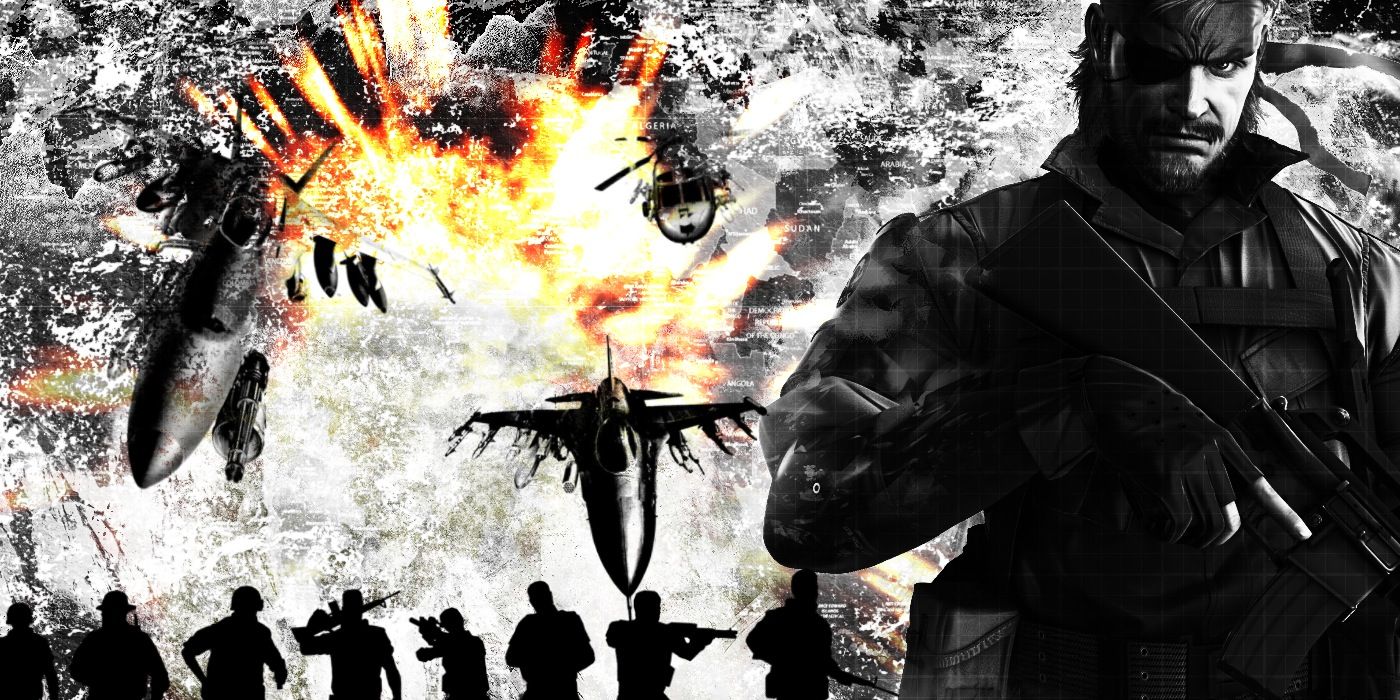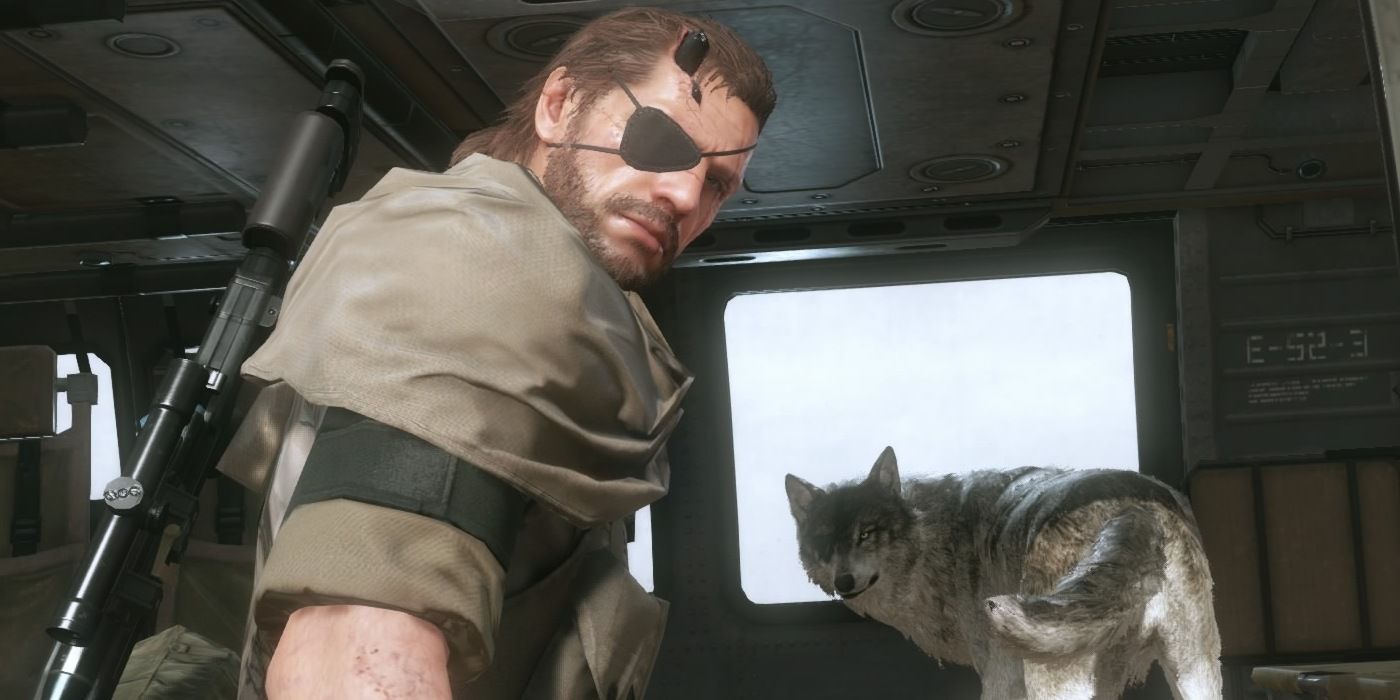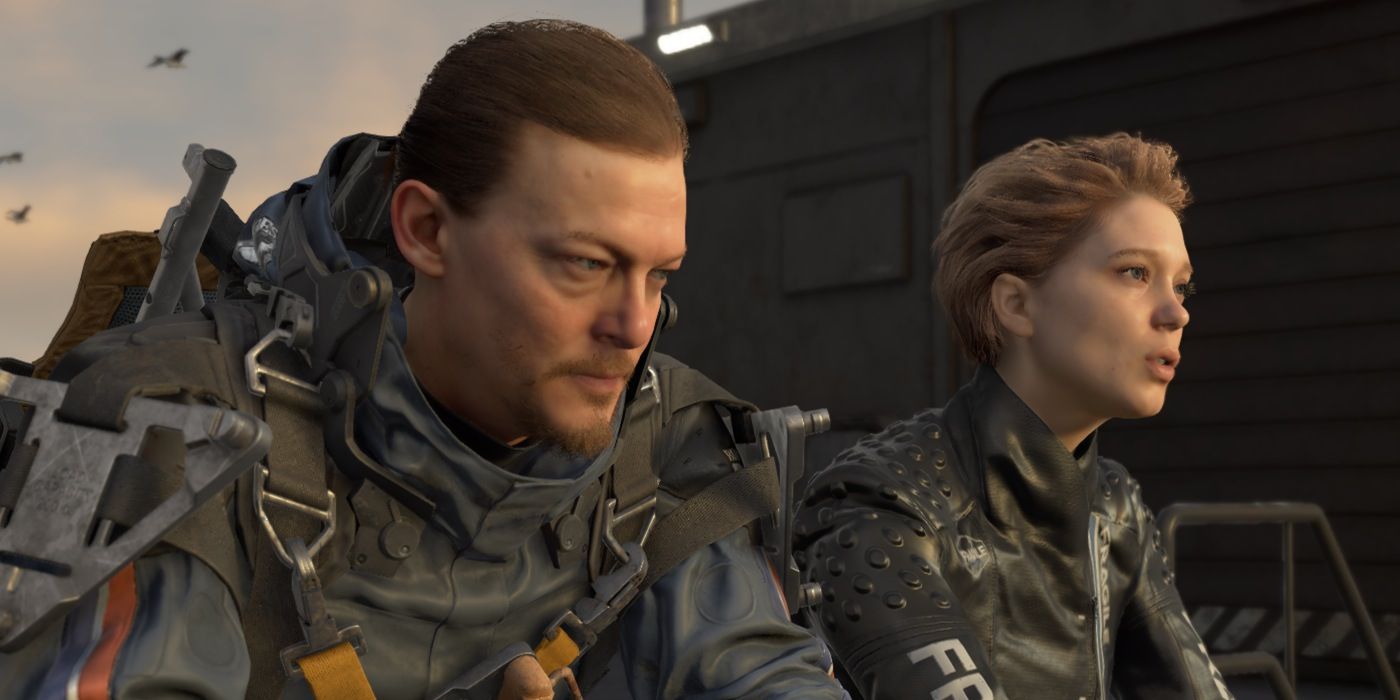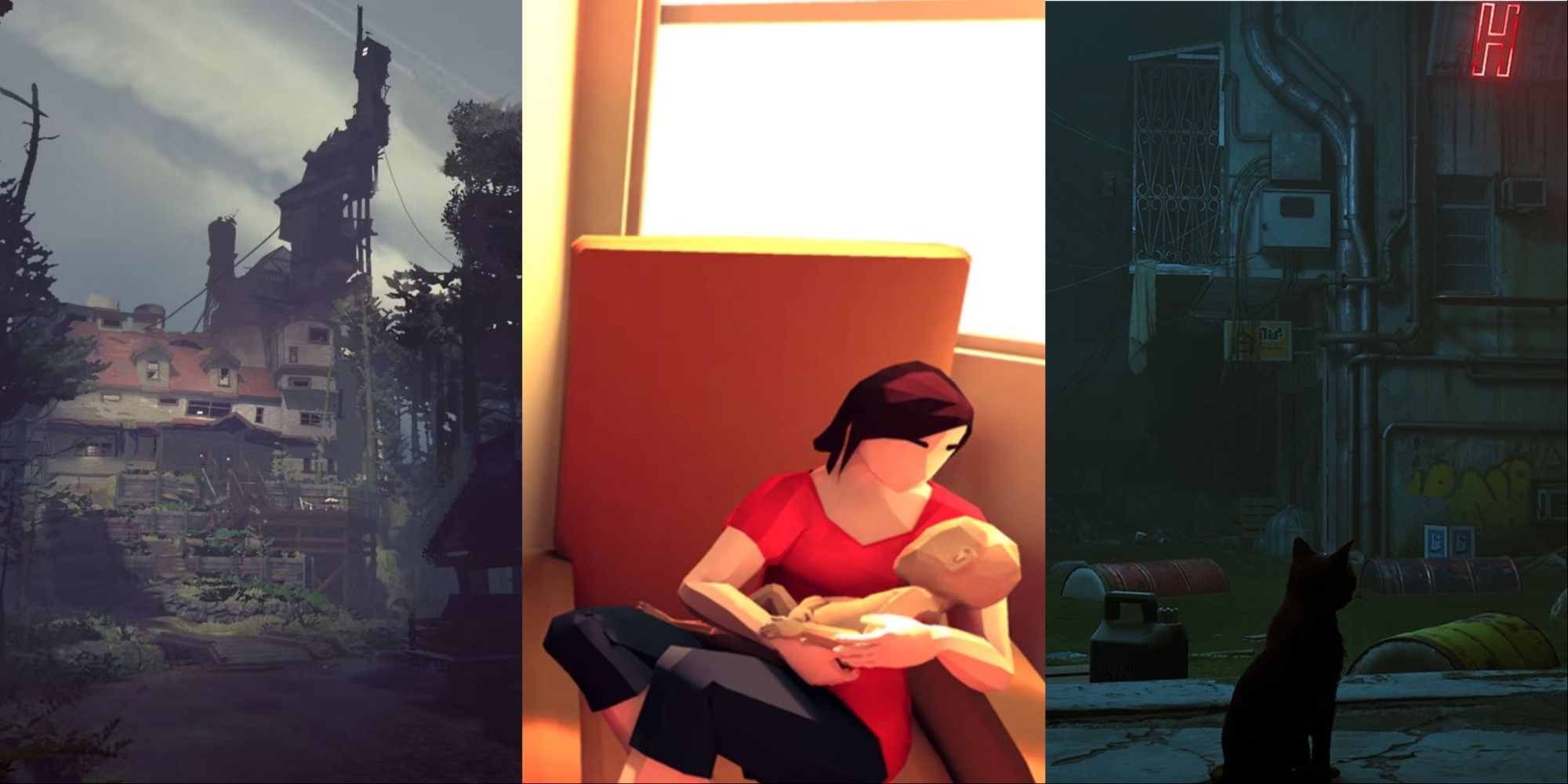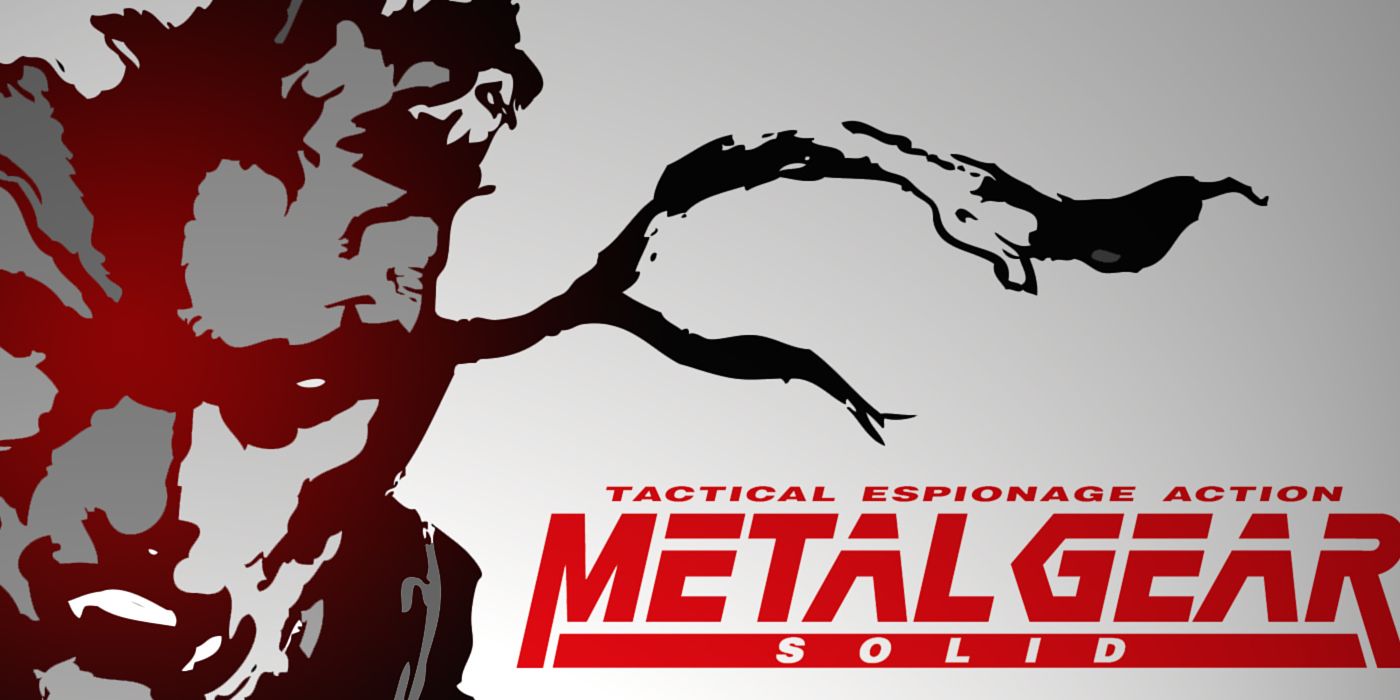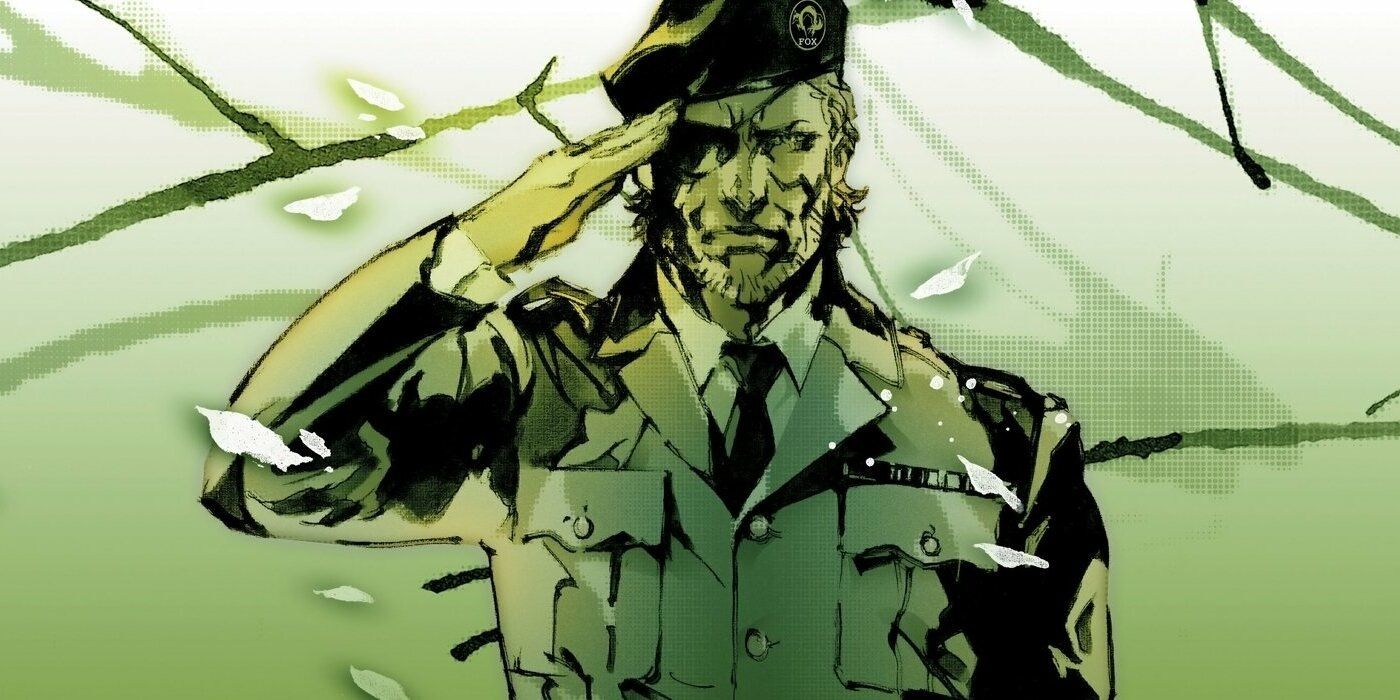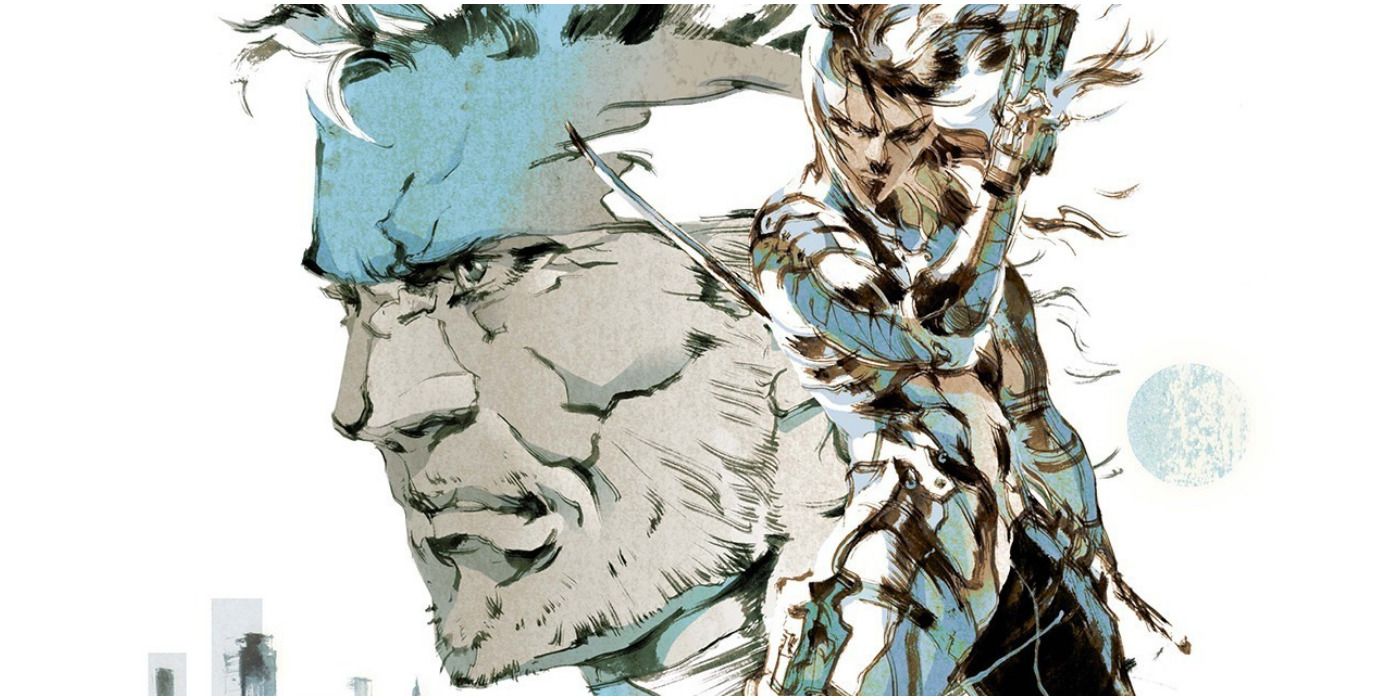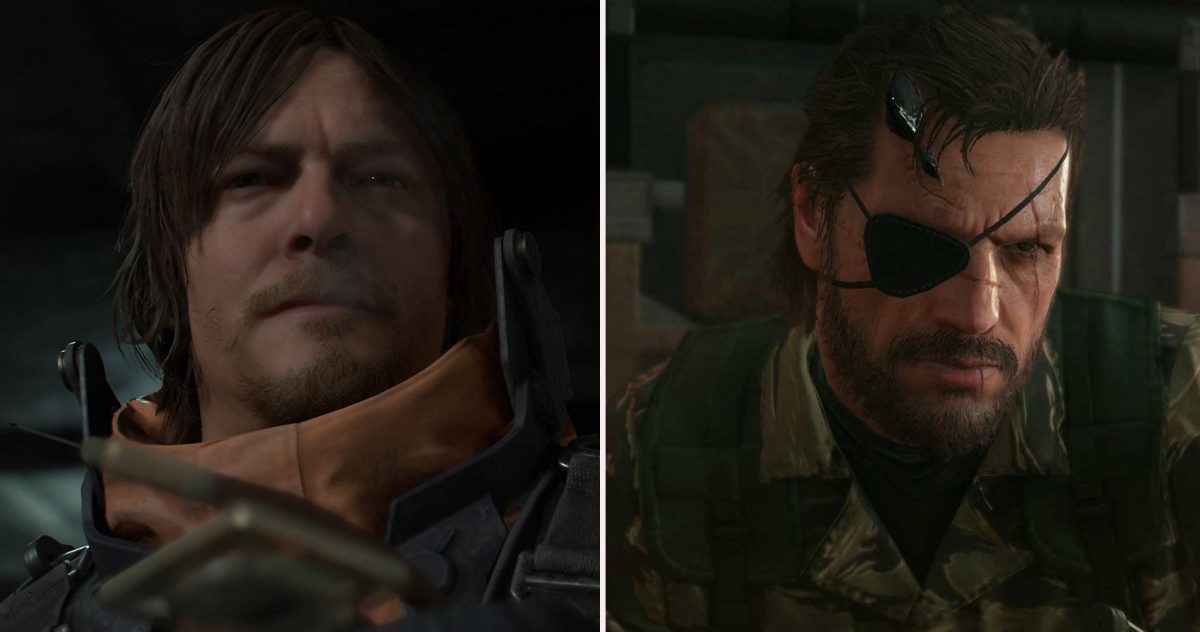
Every Hideo Kojima Game, Ranked
Hideo Kojima at times feels like the reason the word auteur is applied to games. While boosting the ego of one man to a deific standard is an obscene thing to do, there’s no denying that his reputation affords him more creative freedom than many others get. He directed his first game only a year after joining Konami, after all.
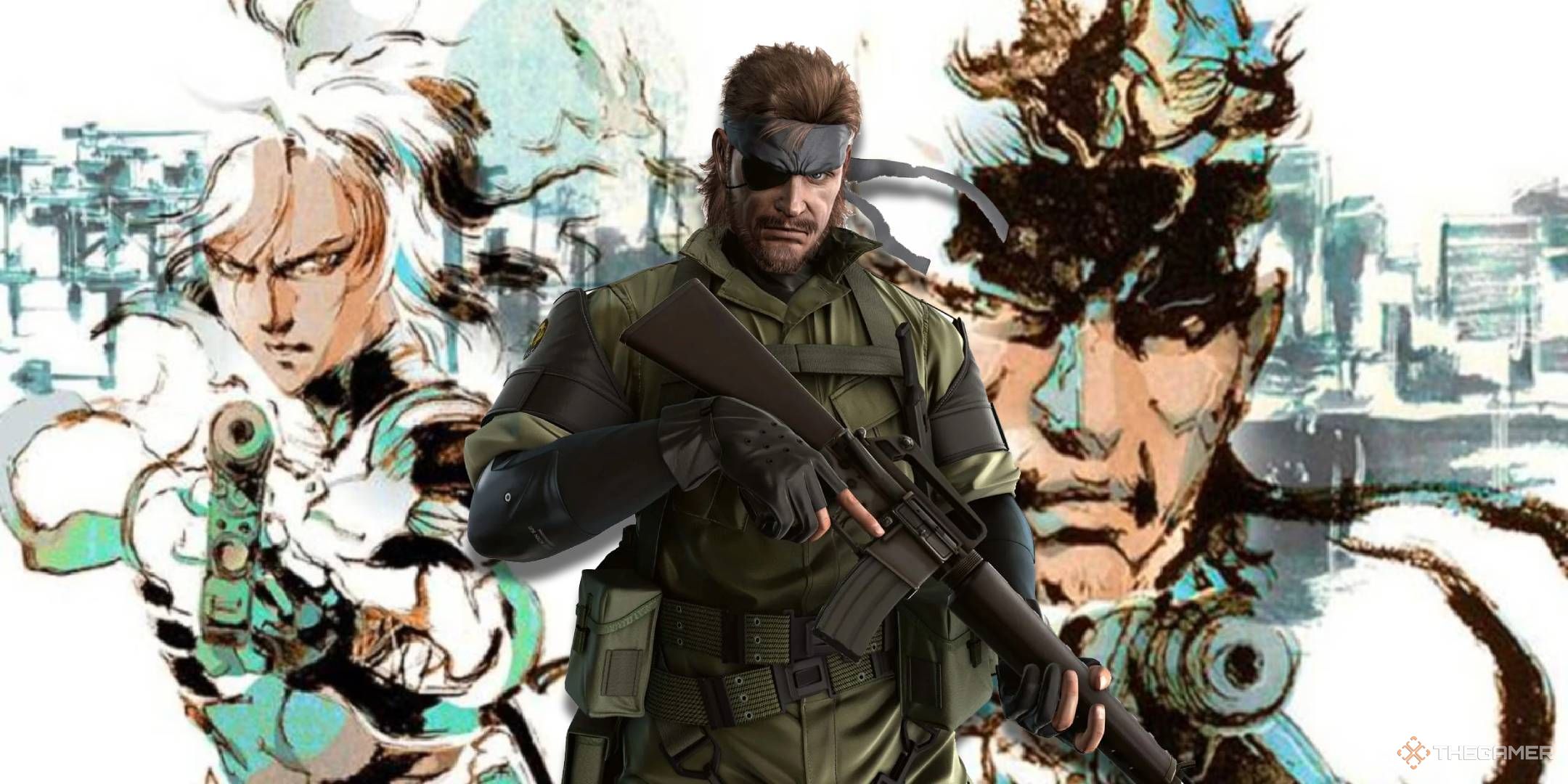
Related
How Long Would It Take To Beat Every Metal Gear Solid Game?
Metal Gear Solid games are notoriously dense, so how long would it take to beat them all?
He’s had a hand in more than just the game’s he has directly, well, directed, too. From game designer to story writer, he became a massive presence across so much of Konami’s portfolio until his ultimate departure. And while his output has slowed since then, he hasn’t stopped creating. So let’s take a look at every project Kojima and his team had a major hand in.
Updated 1st November, 2024 by Hilton Webster: Hideo Kojima is often branded as one of the greatest minds gaming has been gifted. An absurdly egocentric thing to say, even if Kojima and his team have given us some incredible games. That said, he and his team are some of the few people truly inspired by films, rather than just trying to emulate them, and that’s such a funny thing to say when the games are loaded with famous actors.
Making his start as an assistant director on Penguin Adventure, Kojima was quickly given the reigns of his own game, which quickly became a series in its own right. That game was the original Metal Gear, released for the MSX2 in 1987. From then on, the inseparable tie between Kojima and his fledgling series was solidified.
The West would receive the game a year later on the NES, although they would not be able to play an emulated version of the original until Metal Gear Solid 3: Subsistence in 2006. It is still stealth-based, but a lot more limited due to the hardware.
The sequel to Metal Gear is a bit better but still adheres to this more classic top-down formula. It also launched first for the MSX2 in 1990 in Japan. It actually never got an NES version like the original and instead wouldn’t be available until that same re-release of Metal Gear Solid 3.
Instead, the West got an exclusive sequel called Snake’s Revenge. While Konami developed the title, Kojima did not have a hand in it and it never released in Japan at the time of the original launch, also in 1990. A tale of two Snakes as it were.
13
Boktai: The Sun is in Your Hand
Even though Kojima was mainly a producer on Boktai, he was also the lead game designer. In it, you play as a vampire hunter and must stay away from them at night and hunt them down during the day. Easy enough, right? Some of the stealth aspects of Kojima’s earlier games found a way in here through that dynamic.
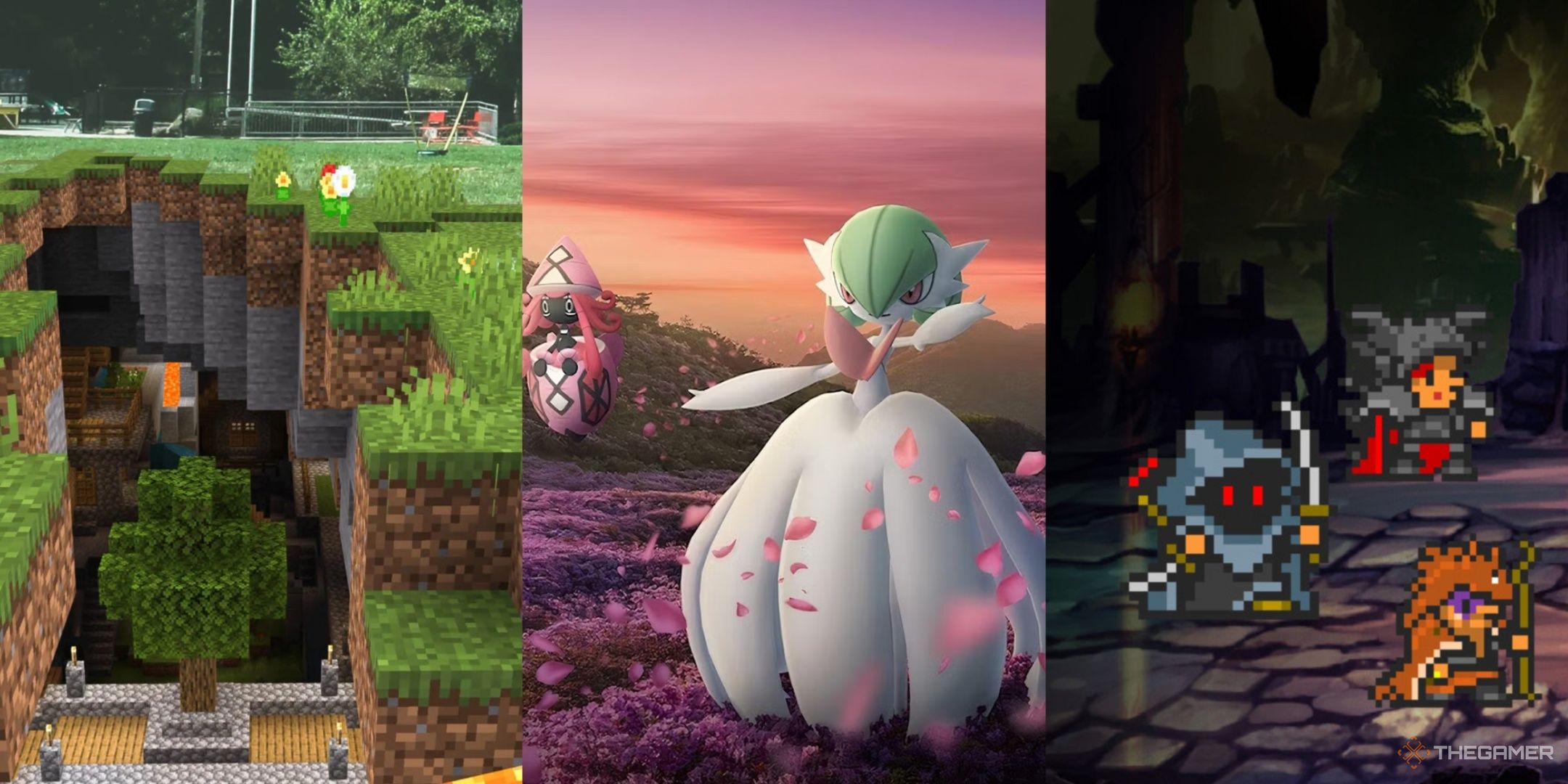
Related
Of course, there’s a reason Boktai is so well known. It came with a unique peripheral that charged your weapons while in the sun in real-life. Meaning you actually had to go outside in the day to play games. Truly, Kojima was a visionary in getting gamers to touch grass.
12
Snatcher
This originally released for the PC-8801 and MSX2 in 1988 for Japan. The West would not receive Snatcher until it was remade for the Sega CD in 1995. A popular genre at the time was point-and-click adventure games and this was Kojima’s first attempt.
It pulled heavily from other cyberpunk and dystopian films of the time like Terminator, Blade Runner and Akira. While it was met with poor sales, it was still beloved and is often remembered as a foundational game in Kojima’s style of writing and game design.
11
SD Snatcher
After the positive reception to the original Snatcher, Konami sought to find a way to make it more profitable while also getting a new RPG out of it. That resulted in Snatcher SD, full-on adapting the original story and picking up where it left off originally.
In this context, ‘SD’ means super deformed.
SD Snatcher released for the MSX2 in 1990 for Japan. It features the same characters and world from the original, but it was now a turn-based RPG. This is the only straight-up RPG Kojima ever worked on, although he was only a writer. There is an English fan patch for the MSX2 version.
10
Policenauts
In 1994, Policenauts launched for the PC-9821 in Japan. Even though it would get later ports to consoles outside of the Japanese market, it never got an official English release. That said, there is a fan patch for the PlayStation 1 version.
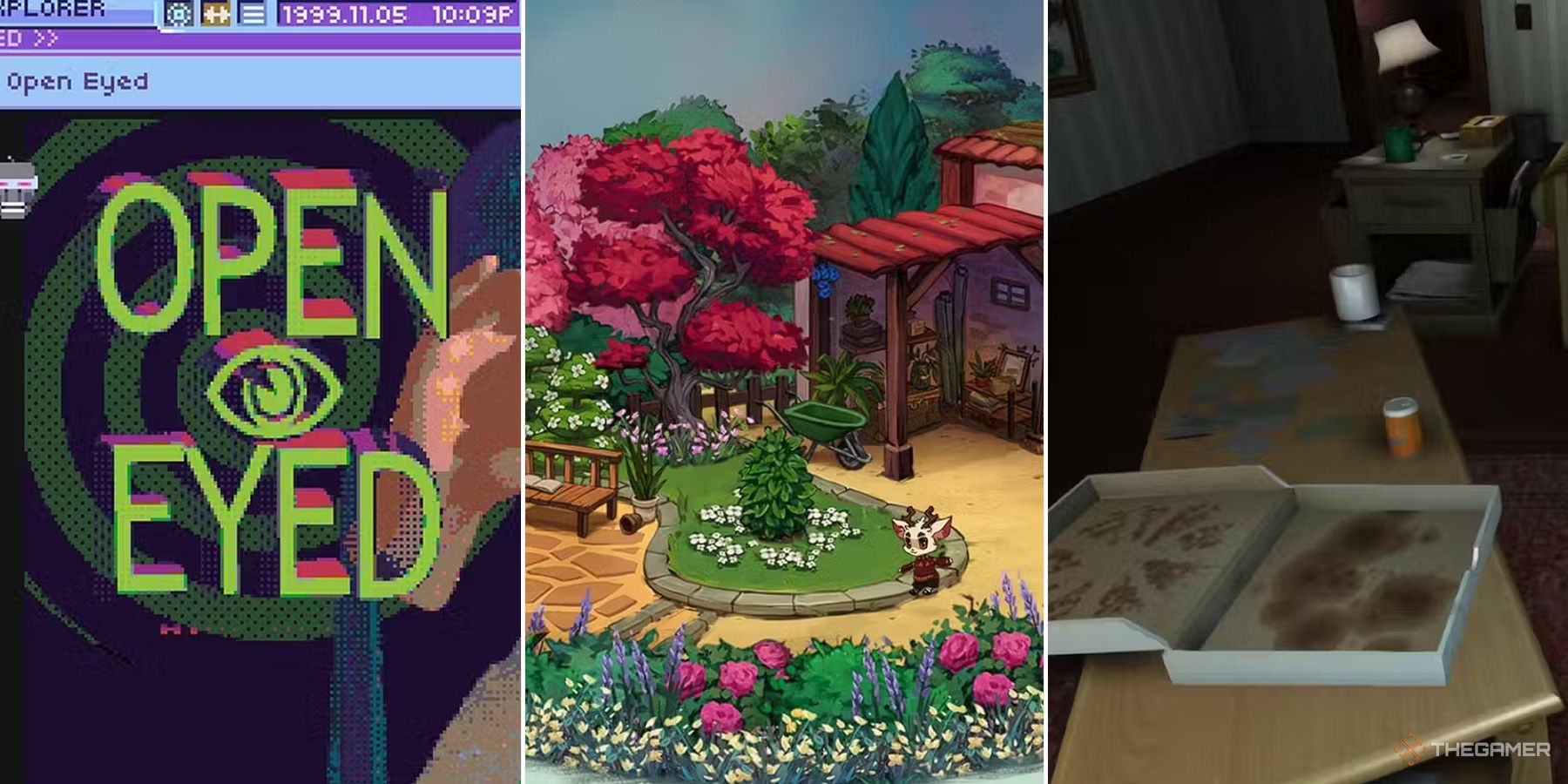
Related
Like Snatcher, Policenauts is a point and click adventure game. It was inspired by the first Japanese man going to space in 1990, and considering how society might change with the advent of unrestricted access to the great beyond. Plus it looks gorgeous.
9
P.T.
If there’s one thing you can guarantee from Konami, it is the milking of its most beloved series to the point of them becoming unrecognisable. In the run-up to Metal Gear Solid 5, Silent Hill has become quiet as the grave. Suddenly, Kojima appears with P.T. and the promise of a rebirth for Siletn Hill after a series of unfavourable games.
P.T. felt like something brand-new for horror. Despite never being a full game, and the Silent Hill it was meant to become being canceled, P.T, left a noticeable impact on the industry. Such an impact that Konami tried its best to remove any memory of the game’s existence.
Metal Gear Solid 4 is something of a sacrificial lamb to the Metal Gear series. It is the end to the whole storyline, one that became a major part of Kojima’s own life as well as that of the gaming industry. And it was a big step away from the style of previous games, focusing on active warzones rather than pure espionage.
It is also one of the hardest games to play nowadays. While it may eventually get a release in the Metal Gear Master Collection, it is currently locked to the PS3, and next to impossible to emulate due to how proprietary it is to the hardware. Maybe some day more people will be able to experience the end of Old Snake’s journey.
We all know the story of Metal Gear Solid 5, and the poor working conditions that led to its existence. And because of so much of that, Ground Zeroes tends to get lost in the conversation. Some call it a glorified demo, but that’s unfair. It’s a microcosm of MGS5 in many ways, but is also a game that is quite unique from everything else.
Ground Zeroes has a short story that leads into The Phantom Pain, but is also all about recontextualising this same location over and over again to force you to play through it differently. It forces you to engage with every one of the game’s mechanics.
Peace Walker is the only portable entry in the series Kojima had a direct hand in. In fact, despite there not being a number in the title, he wanted fans to treat this like Metal Gear Solid V.
Of course, this was before that game released, but the point is this PSP title was a miraculous blend of this series, Monster Hunter, and even a little bit of Pokémon.
The Phantom Pain is one of the most heart-breaking entries in the series because it shows glimmers of how incredible it could have been. The gameplay is genuinely stellar, but raw gameplay only makes one part of a game like Kojima’s. It has to work in tandem with the story, and the story is simply not present.
Where Kojima’s writing typically relishes in being convoluted as an analogy for the complex nature of real-life wars, MGS5 is, sadly, just not really there. The majority of the story ends up being relegated to audio tapes and disconnected cutscenes. All the parts are there, they’re just not assembled.
4
Death Stranding
As you get through this article, you’ve likely noticed that the Metal gear games have flooded the higher entries. Metal Gear defined Kojima, and that poured into expectations for Death Stranding. The man who made Metal Gear is obviously going to make another stealth game, right?
What makes Death Stranding such a fantastic game is how much it indulges in itself. You can fast travel, but it makes it such a hassle that you may as well just walk. You need to rely on the aid of strangers. Also, don’t kill anyone, or the whole world will be worse for everyone. It wasn’t to everyone’s taste, but so few people were willing to meet it on its own merits.
The PS1 was a groundbreaking console for many reasons, though the advent of 3D was one of its most promising. Gaining a whole new dimension to play around it changed how games were designed, and the original Metal Gear Solid still stands as one of the prime examples of how 3D changes how an existing series can play.
In some ways, MGS is a reimagining of the original Metal Gear, while also being a sequel and also disconnected entirely. It also has both Solid and Liquid Snake, an not-so-subtle reference to the two different dimensions Snake has existed in.
Prequels are a dangerous project because you run the risk of undermining the strength of what you’ve already created. Metal Gear Solid 3 sets itself during the Cold War, in a period before Metal Gears were even a thing. And yet it holds itself as not only one of the best games in the series, but one of the best Kojima has worked on.
While the Metal Gear games prior to this focused on the future of warfare, of how technology is at the forefront of conflict, Snake Eater decided to bring us back to a real conflict. In case you had somehow missed that the series was anti-war, let it use the Cold War to tell you directly that nuclear weapons are evil, and ownership as a form of deterrence is just strong-arming a war without a formal declaration.
Where Metal Gear Solid came as an introduction of the series to 3D, Sons of Liberty showed us an even more graphically impressive adventure. Of course, it’s so much more than that. In fact, it almost feels like the same game in many ways? Raiden is head-over-heels for the heroic exploits of Solid Snake, and emulates him in every way he can.
Except so does the game. This is just like Shadow Moses. You wanted a sequel that was Metal Gear Solid, but bigger. Well here it is. Raiden is a self-insert, a reflection of a playerbase that thinks it can emulate its heroes without ever touching reality. And it is magnificent for that commentary. Just look at how angry people were when they learned they had to play as a more effeminate character instead of their rugged war hero.
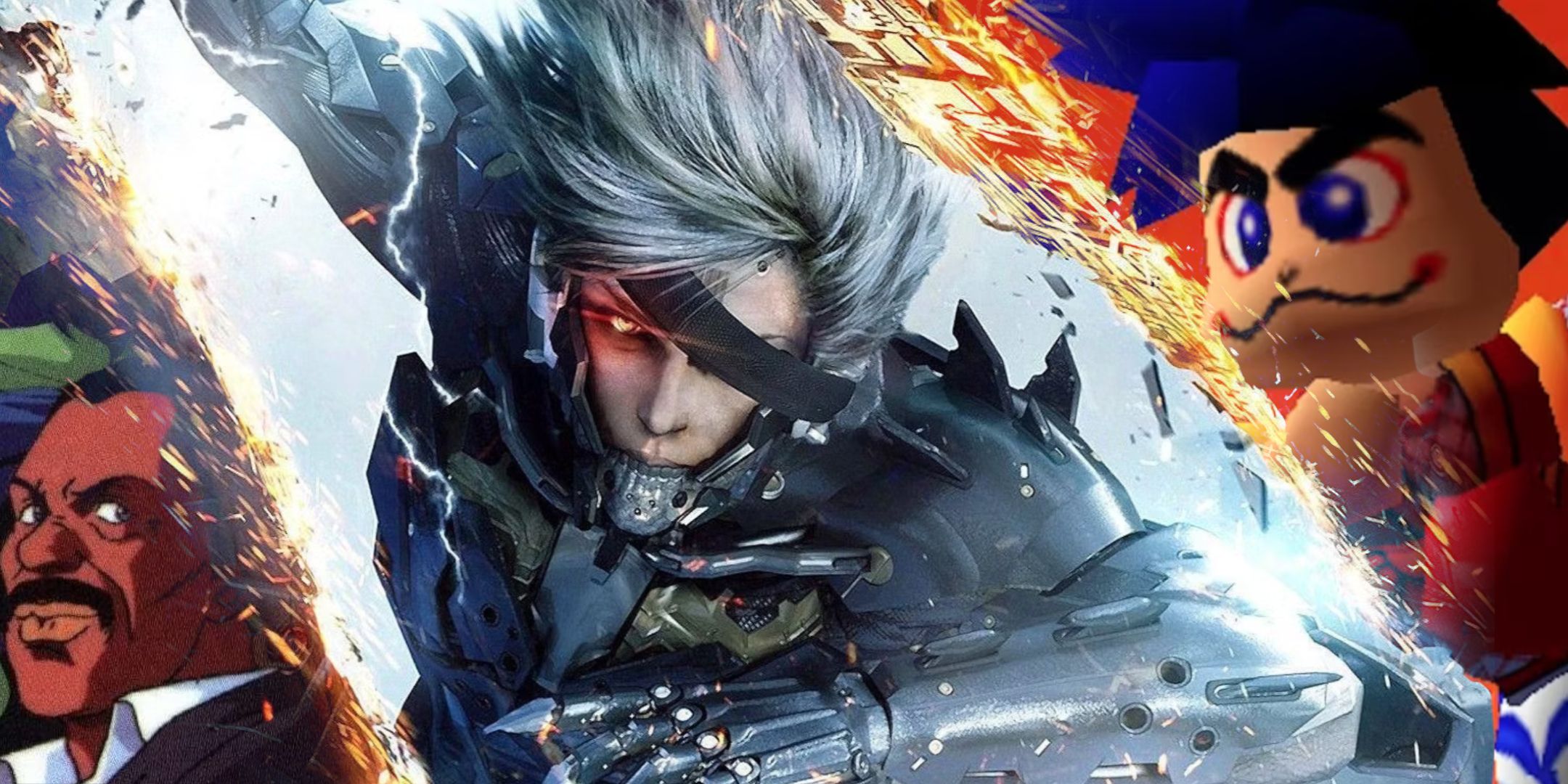
Next


